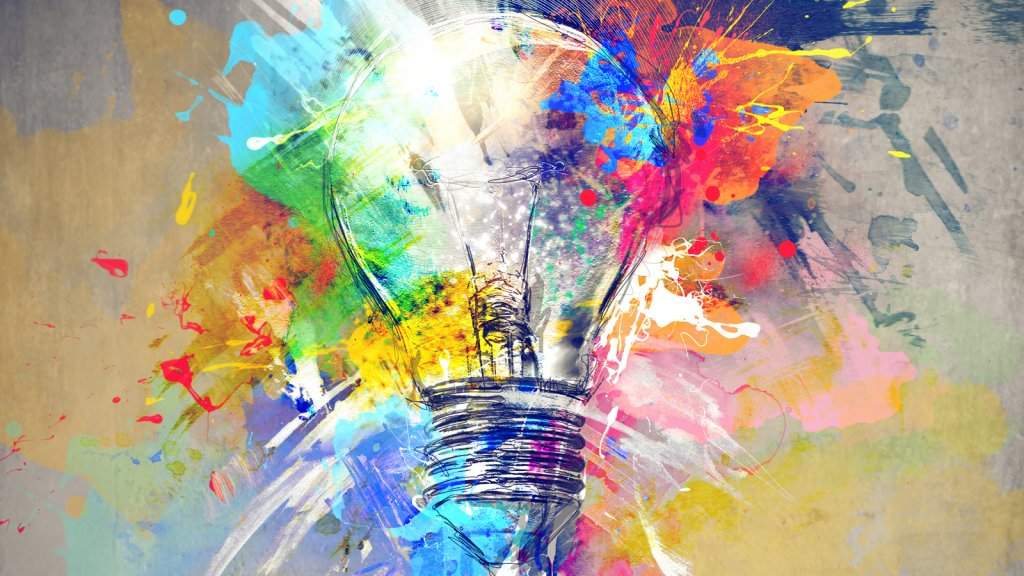Unlock your creative potential with these 10 practical strategies. From cultivating curiosity to embracing failure, this article provides actionable tips to boost your creativity and infuse innovation into all aspects of your life.
Introduction
Creativity is a powerful force that fuels innovation, problem-solving, and self-expression. Whether you’re an artist, entrepreneur, or simply looking to infuse more creativity into your daily life, these 10 strategies will help you tap into your creative reservoir and unleash your imagination.
Embrace Curiosity and Exploration
Cultivating curiosity opens doors to new ideas and experiences. Approach the world with childlike wonder, ask questions, and explore unfamiliar subjects. Curiosity fuels creativity by challenging assumptions and sparking fresh perspectives.
Create a Inspiring Environment
Your surroundings play a significant role in stimulating creativity. Design a workspace or living area that resonates with your aesthetic and inspires your imagination. Surround yourself with art, plants, and objects that evoke positive emotions.
Embrace Failure as a Learning Opportunity
Fear of failure can stifle creativity. Embrace failure as a natural part of the creative process. Each setback is a chance to learn, adapt, and refine your ideas. Don’t let the fear of failure deter you from taking risks and pursuing innovation.
Practice Mindfulness for Clarity
Mindfulness enhances creativity by quieting the mind’s chatter and allowing new ideas to emerge. Engage in mindfulness practices like meditation or deep breathing to clear mental clutter and create space for creative insights.

Diversify Your Influences
Expose yourself to diverse sources of inspiration. Read books from different genres, watch films from various cultures, and engage in conversations with people from different backgrounds. Diverse influences enrich your creative palette.
Embrace Constraints as Catalysts
Constraints can spark creativity by forcing you to think outside the box. Instead of viewing limitations as obstacles, see them as opportunities to innovate and find unique solutions to challenges.
Embody a Growth Mindset
Believing in your capacity to grow and develop is essential for fostering creativity. Embrace a growth mindset that views challenges as opportunities to learn and improve. Embrace setbacks as stepping stones to progress.
Collaborate and Share Ideas
Collaboration can amplify creativity by bringing together diverse perspectives. Engage in brainstorming sessions, workshops, and discussions with others to generate new ideas and refine existing ones.
Nurture Your Inner Child
Children possess boundless creativity and imagination. Tap into your inner child by engaging in playful activities, doodling, building with blocks, or experimenting with new hobbies. Reconnecting with your childlike wonder can ignite creativity.
Embrace Reflection and Solitude
Allocate time for reflection and solitude. Disconnect from distractions and give your mind the space it needs to wander and explore. Solitude allows for deep thinking, ideation, and the refinement of creative concepts.
FAQ’s
Q: Can anyone develop creativity, or is it innate?
A: Creativity can be nurtured and developed by anyone. While some individuals may have a natural inclination, creativity is a skill that can be honed through practice, exploration, and the adoption of creative habits.
Q: Can creativity be applied beyond artistic pursuits?
A: Absolutely. Creativity is not limited to art; it can be applied to problem-solving, business innovation, scientific discovery, and many other fields. Creative thinking enhances overall adaptability and resourcefulness.
Q: How can mindfulness enhance creativity?
A: Mindfulness quiets the mind’s distractions and helps you tune into the present moment. This state of focused awareness creates mental space for new ideas to emerge and encourages deeper introspection.
Q: How can I overcome creative blocks?
A: Creative blocks are natural but can be overcome by changing your environment, trying new experiences, collaborating with others, and practicing techniques like freewriting or mind mapping.
Q: Is failure truly beneficial for creativity?
A: Yes, failure provides valuable lessons and insights. Embracing failure as a learning opportunity encourages resilience, adaptability, and the willingness to explore unconventional solutions.
Q: Can creativity be applied in professional settings?
A: Absolutely. Creativity is highly valued in professional settings as it drives innovation, problem-solving, and adaptability. Creative thinkers are often sought after for their ability to generate fresh ideas and approaches.
Conclusion
Creativity is a skill that can be cultivated and nurtured through intentional practices and mindsets. By embracing curiosity, learning from failure, seeking diverse influences, and creating a conducive environment, you can unlock your creative potential and infuse innovation into all areas of your life.
============================================
